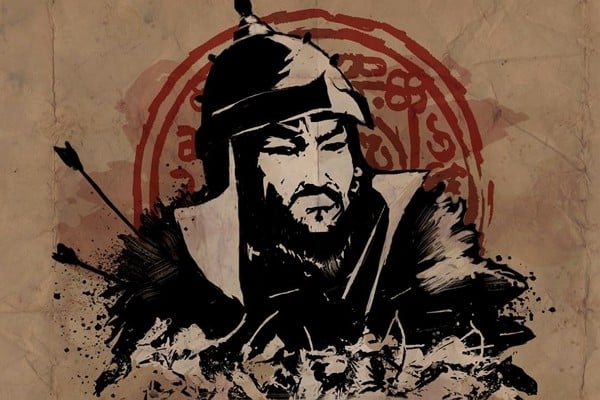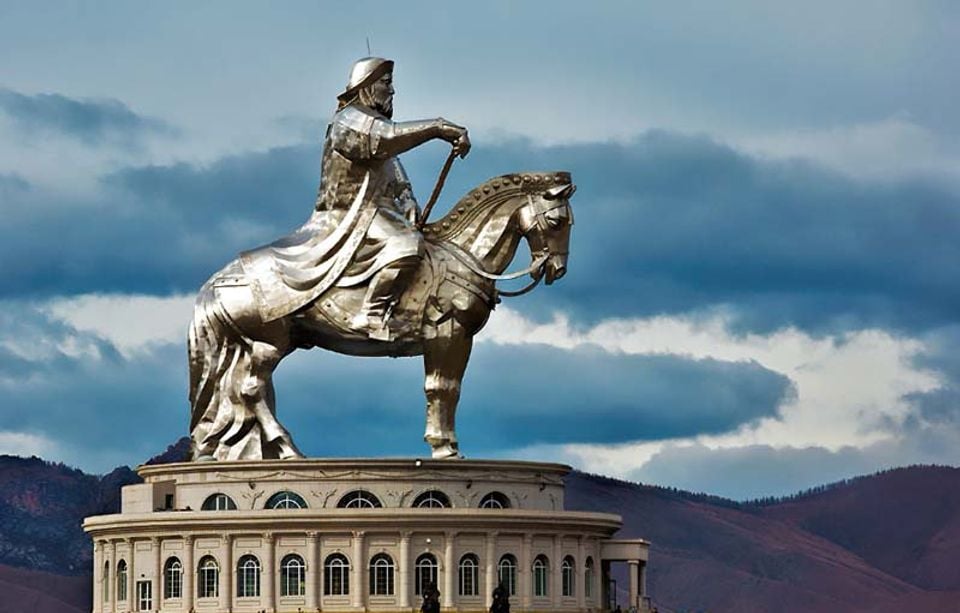Art & Exhibitions
A French Museum Puts Its Genghis Khan Exhibition on Hold After China Pressures It to Rewrite the History of Mongol Culture
The Château des ducs de Bretagne will now work to stage the exhibition without loans from China.

The Château des ducs de Bretagne will now work to stage the exhibition without loans from China.

Sarah Cascone

Censorship pressure from Beijing has prompted a French museum to postpone a planned exhibition on Genghis Khan that involved loans from China. The Chinese communist party reportedly insisted that the show omit any use of the words “Genghis Khan,” “empire,” or “Mongol,” as well as demanding control over exhibition texts, maps, and brochures.
“We made the decision to stop this production in the name of the human, scientific, and ethical values that we defend,” said Bertrand Guillet, director of Nantes’s history museum, the Château des ducs de Bretagne, in a statement.
The “censorship of the initial project,” he claimed, was characterized by “biased rewriting of Mongol culture in favor of a new national narrative,” such as the attempt to change the exhibition’s title from “Sun of the Sky and the Steppes: Genghis Khan and the Birth of the Mongolian Empire“ to “Chinese Steppe Culture of the World.”
The show, which was being organized in partnership with the Inner Mongolia Museum in Hohhot, China, had already been postponed from its October opening. Now, instead of debuting in February, it is on hold until at least 2024 as curators scramble to replace Chinese loans of artifacts with works from European and American collections.

Monument to Ghengis Khan—the world’s largest equestrian statue—in Tsonjin Boldog, Mongolia. Photo via Flickr Creative Commons.
During the 13th century, Khan united the nomadic tribes of northeast Asia and conquered much of Eurasia through deadly invasions, founding what became, after his death, the largest contiguous empire in history.
Today, China has a fraught relationship with its ethnic Mongol population, which lives largely in the Inner Mongolia province. School reforms passed in August replaced ethnic Mongolian with Mandarin as the official language in school instruction in three subjects. The move was met with widespread protests in the province.